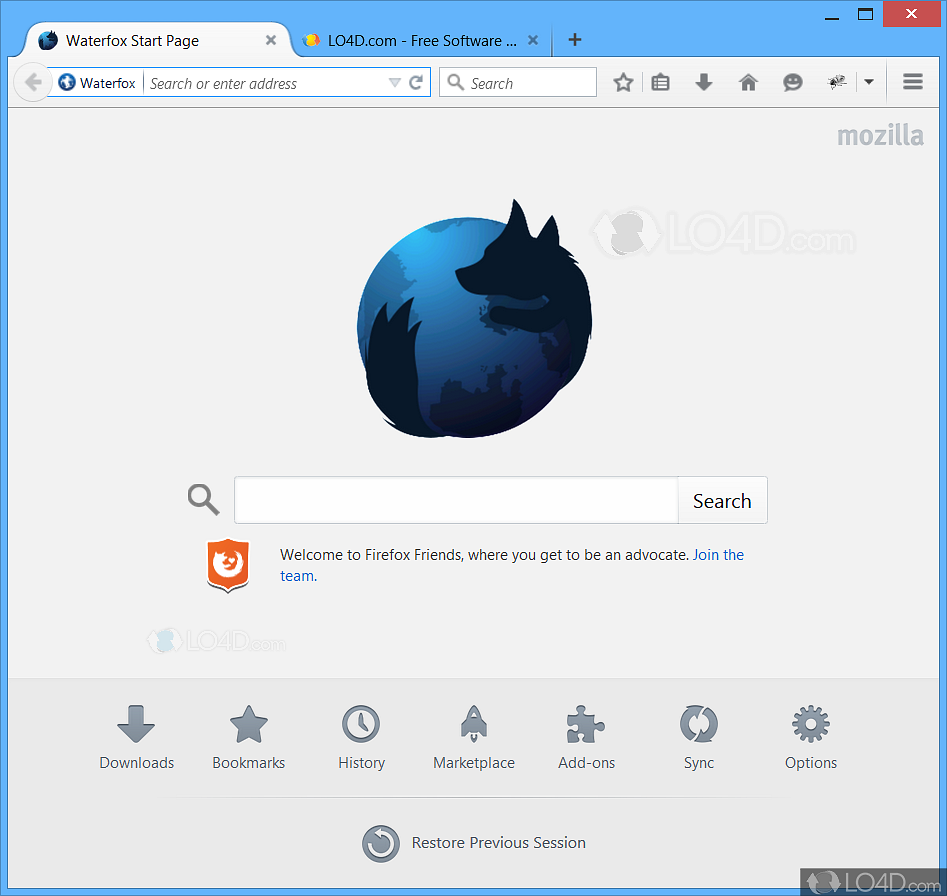

Support for CSS display:contents has been added, as well as a new SDP/JSEP implementation in WebRTC.Īmong other changes implemented in the new Mozilla Firefox 37.0 web browser, we can mention extended SSL (Secure Sockets Layer) error reporting for reporting non-certificate errors, deactivation of insecure Transport Layer Security (TLS) versions for website security, and DSA (Digital Signature Algorithm) removal for improved TSL and certificate communication. However, please note that Mac and Linux OSes support only 720p at the moment. It appears the infamous subset of the Media Source Extensions (MSE) API has been finally implemented to allow native HTML5 video playback on the YouTube website. Native HTML5 video playback on YouTube and other changes Bettes HTTP/2 support has been added to encrypt the HTTP traffic if the server supports the new protocol, WebGL rendering has been greatly improved on the Windows platform, and IndexedDB is now accessible from worker threads. The new version also improves protection against website impersonation by implementing a OneCRL centralized certificate revocation. What’s new for users in Mozilla Firefox 37.0įor end-users, Mozilla Firefox 37.0 is not an exciting release, as it introduces an all-new user rating system, called Heartbeat, that allows them to more easily send feedback to Mozilla about their web browser, sets the Yandex search engine by default when using the Turkish locale, and it now uses secure HTTP connections when searching with Bing.

While Softpedia was the first to announce earlier today the immediate availability for download of the final builds of Mozilla Firefox 37.0 for the aforementioned platforms, the latest version of the acclaimed web browser can now be officially downloaded from its official website, and has been pushed to users worldwide through the built-in updater component. As expected, Mozilla had the pleasure of unveiling today, March 31, the Mozilla Firefox 37.0 web browser for all supported computer operating systems, including Windows, Mac OS X, and Linux, while pushing Firefox 40 to the nightly (unstable channel), Firefox 39.0 to the Dev channel, and Firefox 38.0 to the Beta channel.


 0 kommentar(er)
0 kommentar(er)
